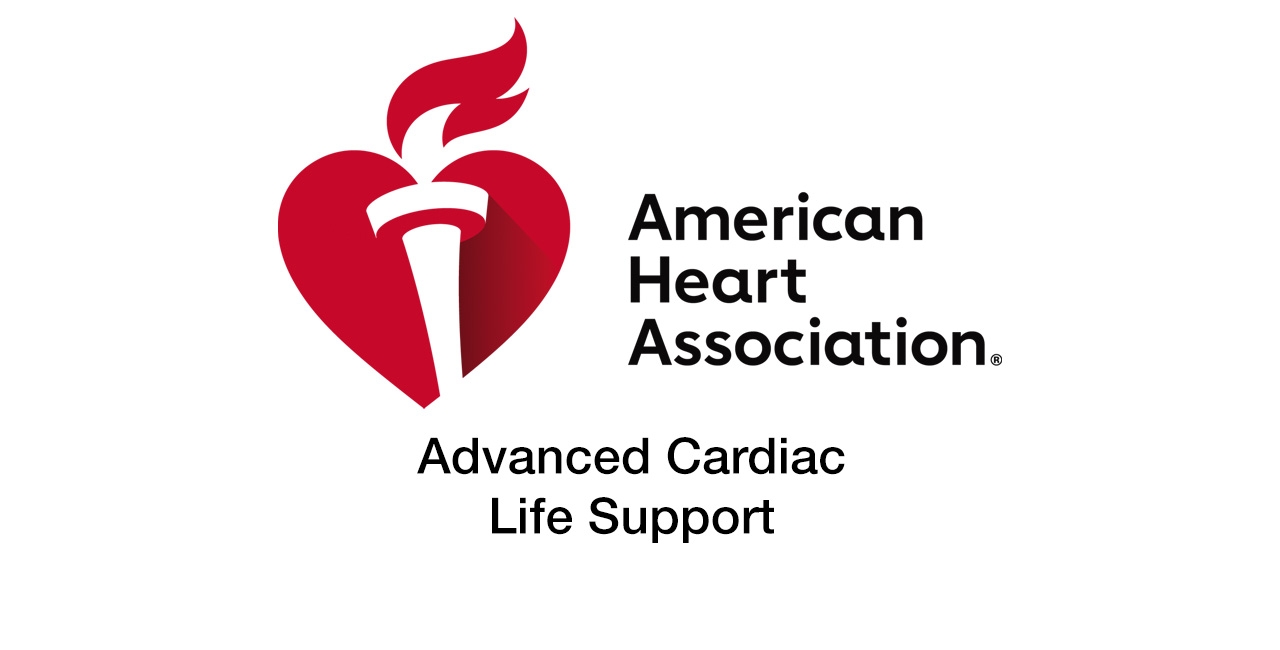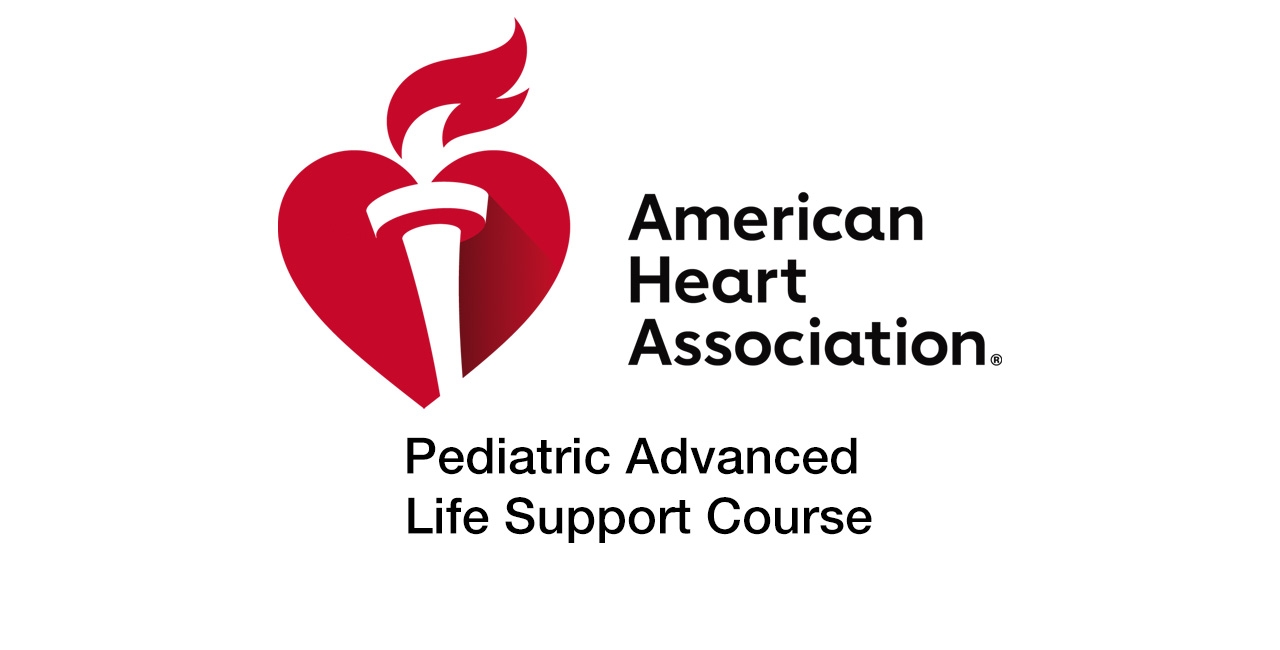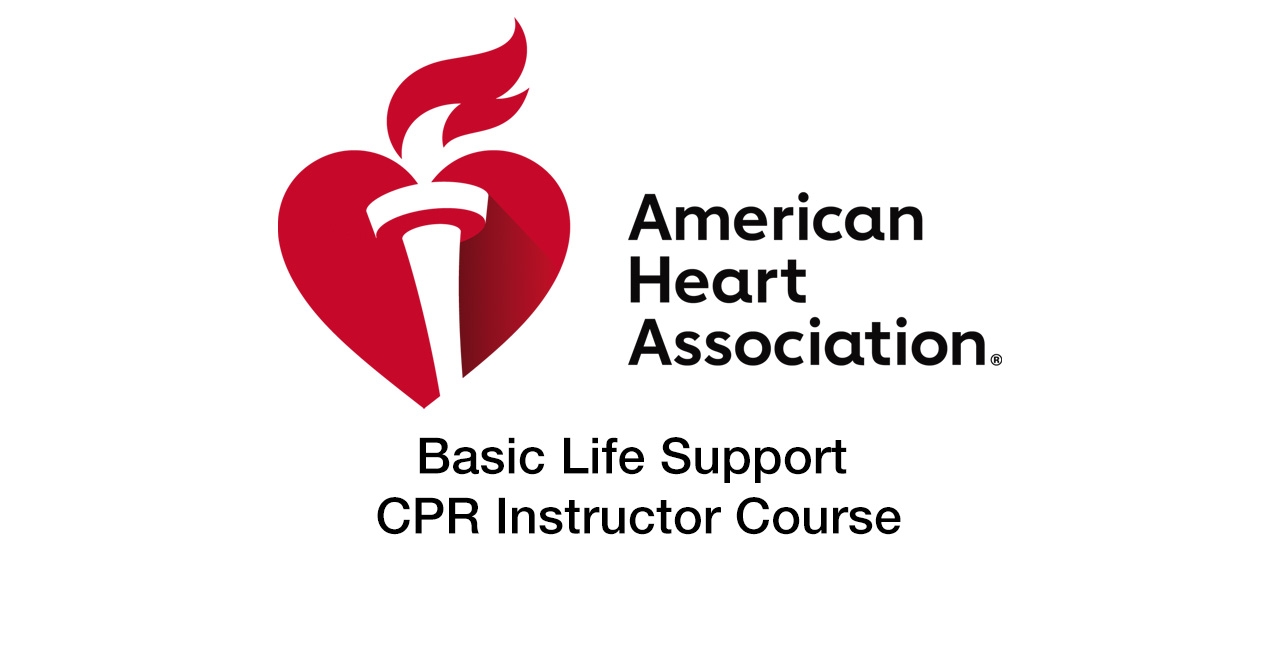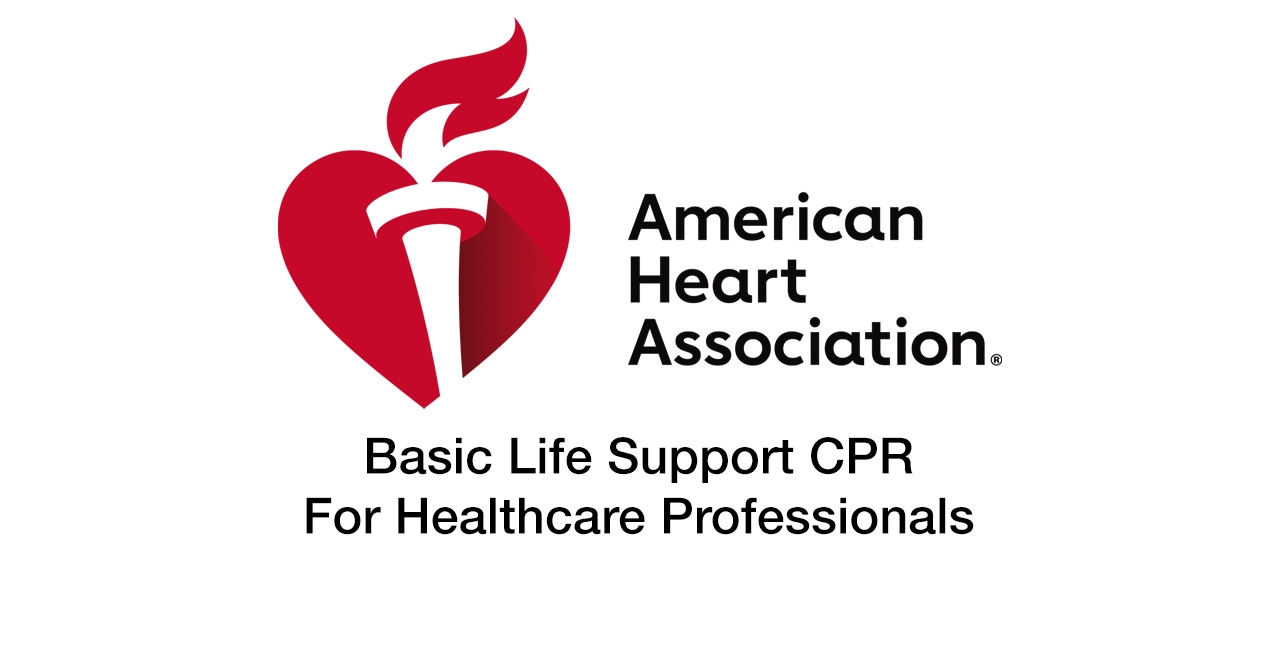The American Heart Association (AHA) Advanced Cardiac Life Support (ACLS) course is a rigorous and specialized training initiative tailored for healthcare professionals tasked with managing and responding to intricate cardiac emergencies.
ACLS surpasses basic life support training by providing participants with the expertise and capabilities to handle critical conditions like cardiac arrest, stroke, and acute coronary syndromes, across both in-hospital and out-of-hospital environments.
Key components of the AHA ACLS course include:
-
Advanced Cardiac Assessment: ACLS participants learn to conduct thorough cardiac assessments, including the interpretation of electrocardiograms (ECGs) and recognition of cardiac arrhythmias. These skills are vital for identifying and managing cardiac conditions.
-
Airway Management: The course covers advanced airway techniques, including endotracheal intubation and supraglottic airway device use. Airway management is essential in maintaining oxygenation and ventilation.
-
Medication Administration: ACLS training includes the administration of a range of medications, such as anti-arrhythmics and thrombolytics, in response to specific cardiac conditions. Participants learn the proper indications, dosages, and administration routes for these medications.
-
Cardiac Rhythms and Defibrillation: Participants become proficient in the recognition and management of complex cardiac rhythms, and they learn how to use defibrillators for cardioversion and defibrillation.
-
Team Dynamics: ACLS emphasizes the importance of effective teamwork and communication in critical care situations. Team members are trained to work collaboratively to optimize patient care.
-
Post-Cardiac Arrest Care: The course covers the critical elements of post-cardiac arrest care, including targeted temperature management and the management of post-resuscitation syndrome.
-
Simulation-Based Learning: ACLS incorporates realistic simulation scenarios that mimic real-life cardiac emergencies, enabling participants to practice their skills and decision-making in a controlled setting.
-
Algorithms: ACLS utilizes evidence-based algorithms to guide the assessment and treatment of cardiac emergencies. These algorithms provide structured, step-by-step approaches for managing specific conditions.
ACLS stands as a comprehensive and demanding program vital for healthcare professionals operating in emergency departments, intensive care units, critical care transport teams, and other healthcare environments where cardiac emergencies are prevalent. It guarantees that these professionals are thoroughly equipped to deliver advanced cardiac care and navigate critical decisions amid high-pressure scenarios. Consequently, ACLS contributes to enhanced patient outcomes and heightened survival prospects for individuals experiencing cardiac distress.






